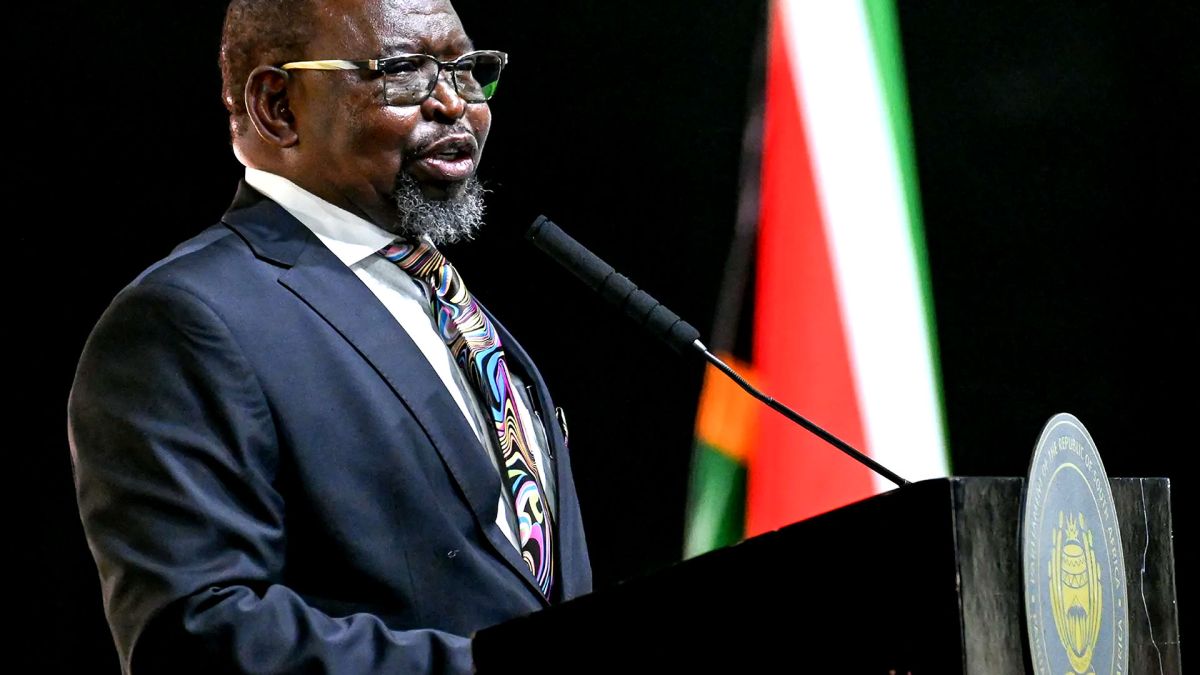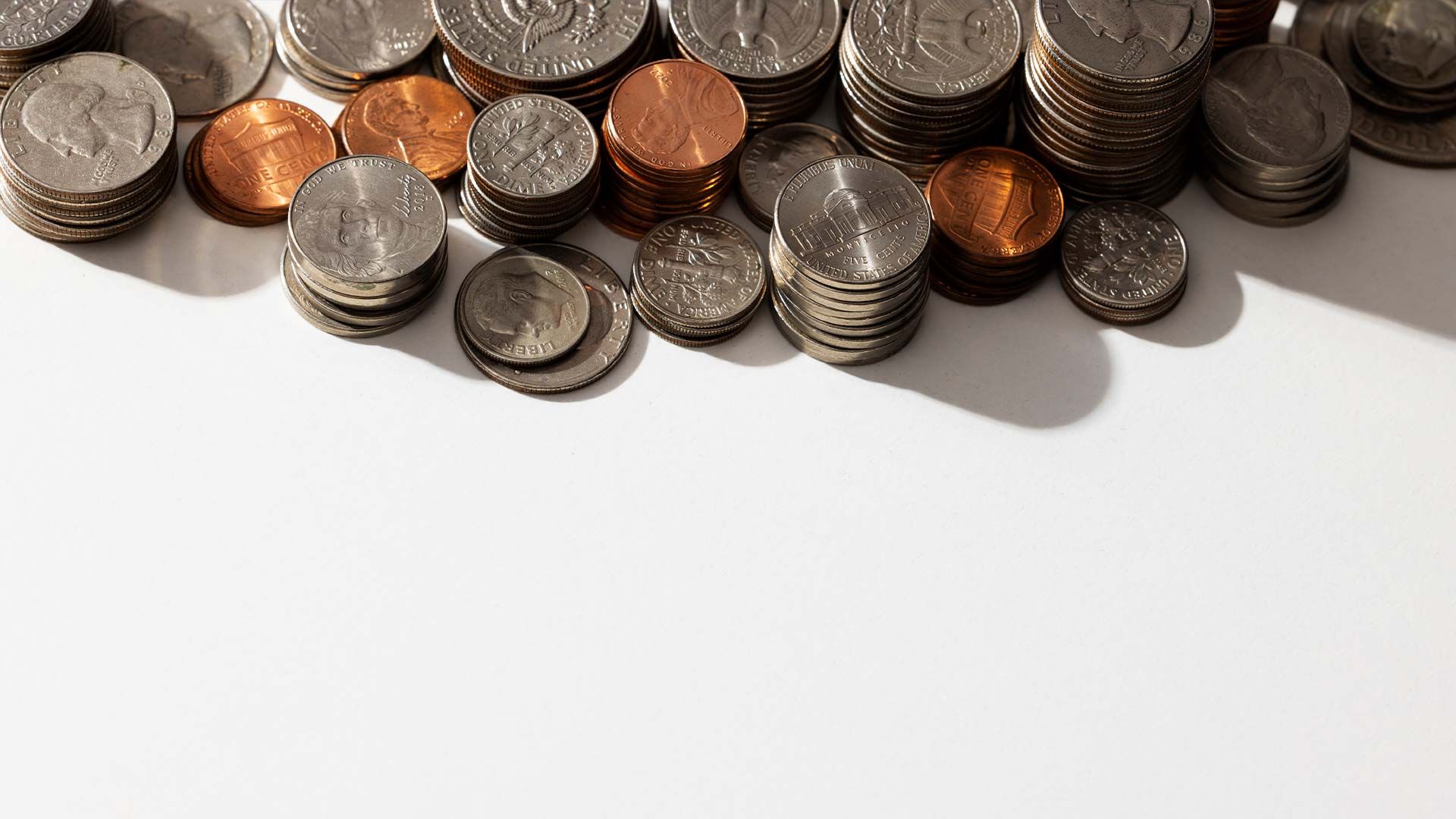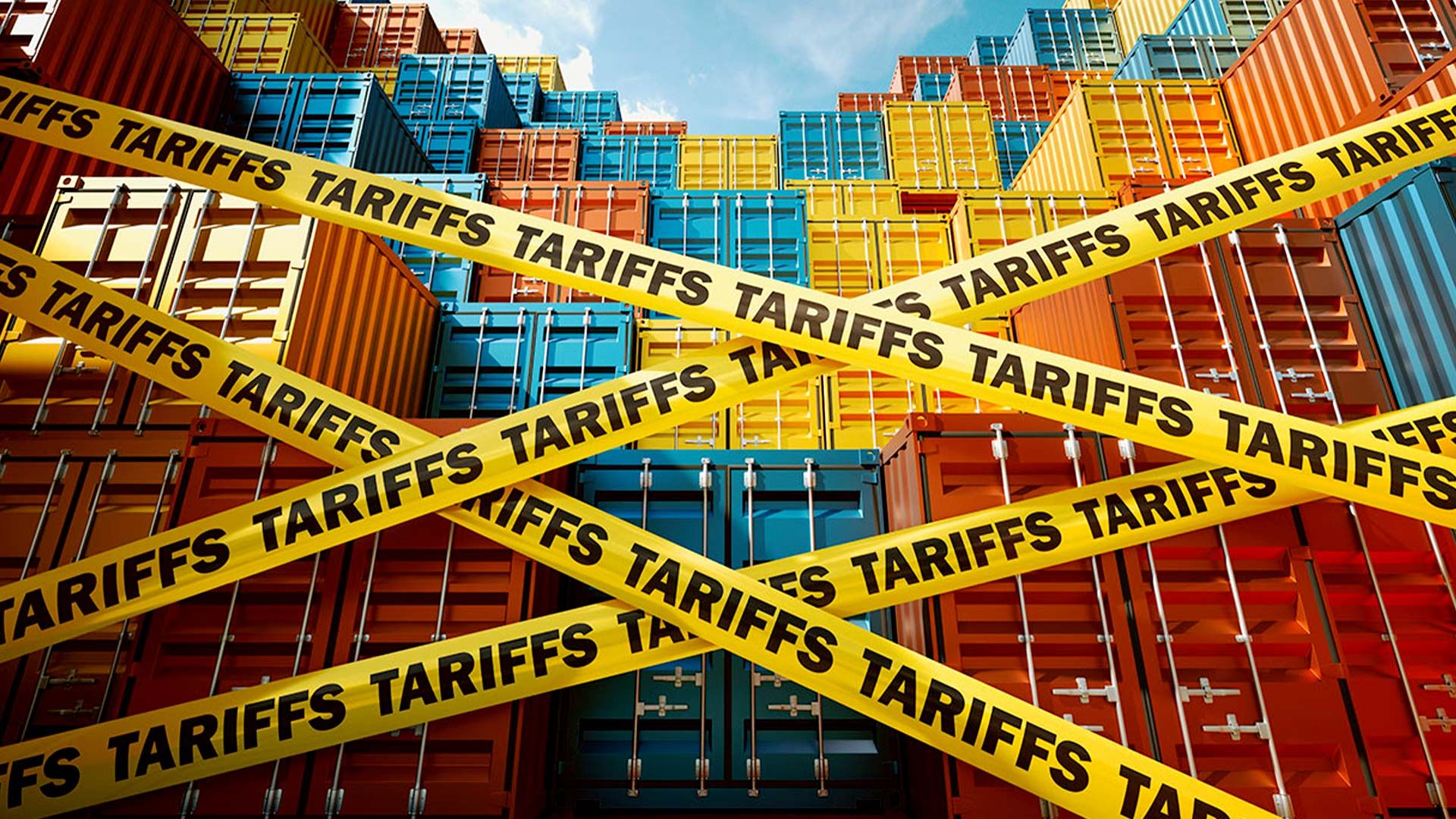May 21, 2025
South Africa’s 2025 BUdget
A Conservative Framework for Stability, Growth, and Responsible Governance

Maintaining Fiscal Discipline in Challenging Times
Global economic conditions remain volatile, with the International Monetary Fund projecting only 2.8% growth for 2025, down from earlier forecasts due to rising trade tensions and inflationary pressures. South Africa, being a small, open economy heavily remain heavily dependent on international trade and investment, has revised its domestic growth outlook to a modest 1.4% for this year—signalling the necessity for prudent management, better management of funds and enhanced government efficiency.
Debt sustainability remains a key focus. While public debt is projected to stabilise at around 77.4% of GDP, debt service costs continue to strain the budget—costing over R1.3 trillion over three years or put differently 22c of every Rand the State collects. The government aims to reduce these costs by strengthening revenue collection, reducing waste, and improving oversight—principles that resonate with fiscal prudence.
In keeping with a conservative approach, government will refrain from raising VAT, despite earlier debates and uncertainties. This decision protects households and businesses from undue fiscal burdens, aligning with conservative economic ideals of limited taxation and safeguarding consumer spending. It should be noted that the expansion of zero-rates items in previous iterations of the budget has been cancelled due to funding challenges amid an uncertain economic environment with a lower overall growth forecast and taxation as a result.
Another point of concern for consumers and taxpayers are the inflation linked increase in the fuel levy on petrol and diesel. The proposed increase in the fuel levy will translate to a 16c and 15c per litre increase in petrol and diesel respectively and will bring the total amount of fuel levy for petrol to R4.04/l and diesel to R3.85/l from June 2025 onwards.
The new proposed budget will aim to prioritises efficiency, restraining non-interest expenditure growth to just 0.8% in real terms (inflation adjusted) with an average increase in nominal terms of 5.4%, while directing over R1 trillion towards critical infrastructure that supports private enterprise and job creation.
A Balanced Strategy for Investment and Structural Reform
The budget underscores the importance of structural reforms—particularly in energy, water, logistics, and housing—that are essential to unlocking economic potential and reducing reliance on government intervention. Building on the progress of Operation Vulindlela, the government aims to remove bottlenecks that hinder investment and productivity. This includes leveraging public-private partnerships (PPPs) and innovative financing solutions to accelerate infrastructure projects without increasing the fiscal burden.
Over R1 trillion will be invested across transport, energy, and water sectors over the next three years. Major projects include repairs and upgrades of roads, rail, and utilities, aimed at modernising infrastructure, facilitating trade, and creating employment opportunities. These measures are vital for a resilient, private-sector-led economy—consistent with a conservative belief in limited government and the power of free enterprise.
Revenue and Spending: Prudent Adjustments for Sustainability
Given the weaker-than-anticipated economic outlook, revenue projections have been revised downward, with the VAT increase now abandoned to avoid additional inflationary pressures. Instead, modest revenue-generating measures include a 16-cent increase in the fuel levy—a necessary step to bolster funds for public services, while keeping the tax burden manageable for ordinary citizens.
Efforts to improve tax compliance are prioritized, with R7.5 billion allocated to SARS to modernise its operations and curb illicit trade, potentially raising R20 billion or more annually. Such targeted revenue collection aligns with government aims to ensure that government does not overreach or burden honest taxpayers, while closing loopholes and waste.
Government also remains committed to essential social spending—allocating R845 billion to health, R1.04 trillion to education, and extending social grants, including the old age pension increase to R2,320. These investments recognise that a responsible government must protect the vulnerable and ensure social stability, but always within the limits of fiscal prudence.
Tackling Waste, Corruption, and Strengthening Institutions
A cornerstone of responsible governance is combating corruption and ensuring taxpayer money is spent effectively. The Asset Forfeiture Unit has recovered over R5 billion, with assets worth R14.2 billion frozen in progress against state capture cases – demonstrating decisive action.
Efforts continue to improve government efficiency, with R37.5 billion identified in potential savings through oversight reforms. Reducing waste, root out fraud, and eliminate duplication are essential for restoring public confidence, reducing borrowing costs, and freeing resources for development.
Strategic Infrastructure for Long-Term Prosperity
Infrastructure investment remains central to growth. Aimed at enhancing transport, energy, water, and sanitation, the government plans to invest over R1 trillion over the medium-term framework (MTEF). Such investments not only create jobs but also improve service delivery and regional connectivity, crucial for a competitive economy.
Particular emphasis is placed on energy reforms—spending R219.2 billion to expand renewable energy projects and reduce load-shedding—along with strengthening the road network, rail system, and water infrastructure. These projects are designed to reduce operational costs for businesses and households alike, aligning with conservative priorities of facilitating enterprise and economic resilience.
The government also aims to leverage private sector expertise through reforms like the new regulations for PPPs, which will streamline processes and unlock additional funding sources. Initiatives like the Budget Facility for Infrastructure and plans to issue government bonds further aim to diversify financing, reduce dependence on debt, and promote fiscal.











